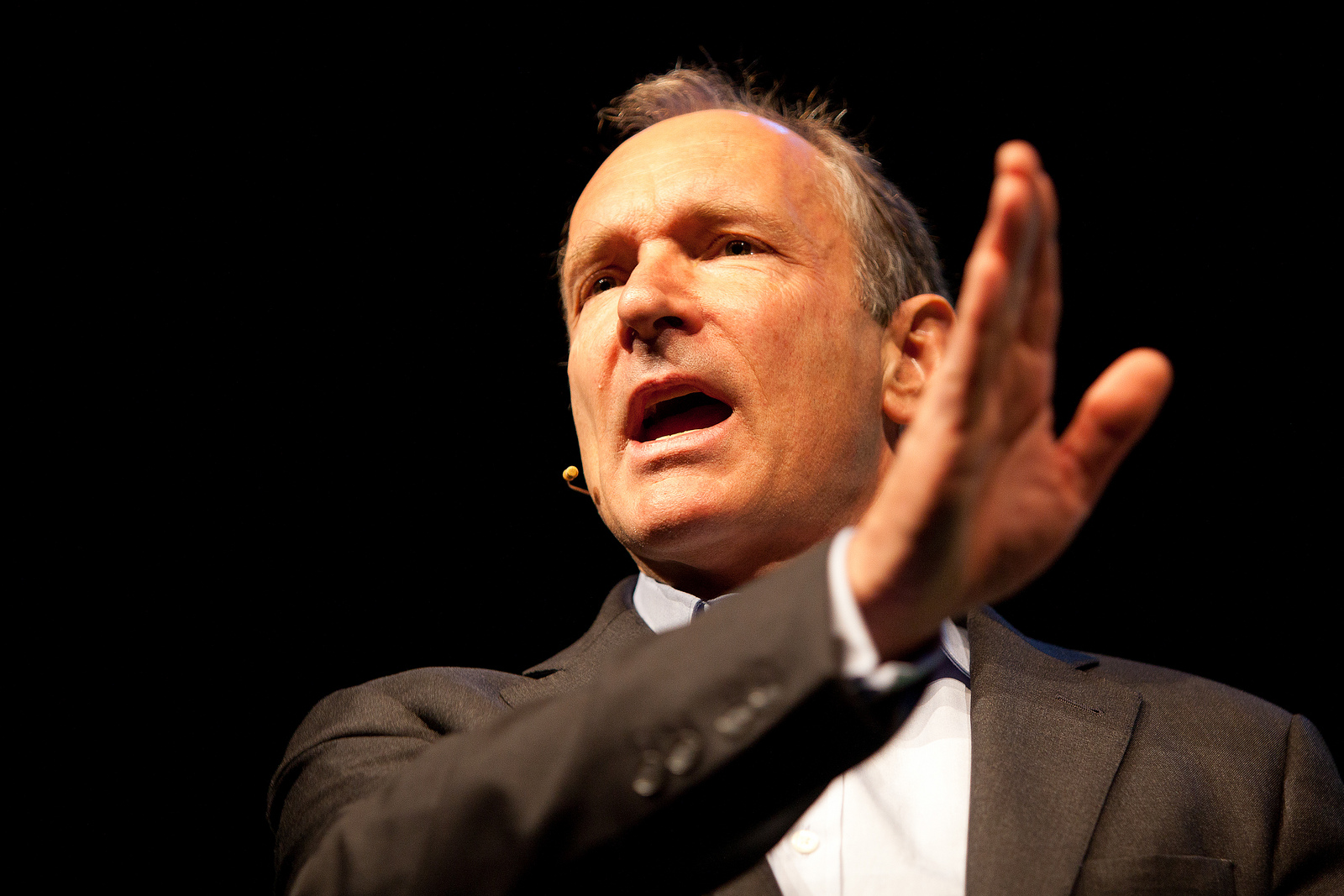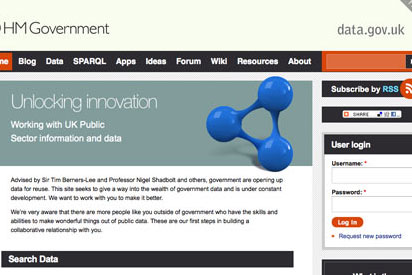The worldwide web at 25: business' window on the world
What are businesses making of an invention many CIOs dismissed as a gimmick?

Inside the Enterprise: When Tim Berners-Lee put forward the first proposals for the worldwide web, or W3, 25 years ago, it was easy to dismiss the work as an esoteric research project.
The idea of using hypertext to link documents together was not even altogether new: Apple, for example, had an application, Hypercard, which it shipped on its -- at that time beige -- Macs. But the idea of putting hypertext links into documents, and putting those documents onto the internet, was new. Even Berners-Lee (now Sir Tim) could not have predicted how the web would turn out.
Web access has become more liberalised, perhaps because of the way the web has been integrated into business applications and increasingly, the devices we use to do our work.
Since then, the web has cut through vast areas of modern life, and there is no way to turn back the clock. Indeed, such is the impact of the web that it's hard to envisage life without it. In many ways, it feels as if it has been around forever, not just two and a half decades.
For enterprises, though, the changes brought by the web, and the internet more broadly, have been resisted as often as they have been embraced. This raises some questions about the way businesses approach technology.
In the early 1990s, some, perhaps even most, IT directors resisted giving staff access to the web.
There was plenty of discussion about whether web browsing had any business use at all. Vendors produced software to restrict web access to so many hours or the day, or just to lunchtimes and breaks, so employees could go online in their "personal" time. Equally, companies restricted or blocked access to other internet-based applications, especially email.
Get the ITPro daily newsletter
Sign up today and you will receive a free copy of our Future Focus 2025 report - the leading guidance on AI, cybersecurity and other IT challenges as per 700+ senior executives
-
 Tim Berners-Lee sets out vision for the web in 2050
Tim Berners-Lee sets out vision for the web in 2050News The World Wide Web creator calls on internet users to defend net neutrality and create a more democratic web
By Rene Millman
-
 The web at 25: Where next?
The web at 25: Where next?In-depth As the world wide web celebrates its birthday, Simon takes stock of what's happened so far, and the big tests ahead...
By Simon Brew
-
 Why is an open data policy so important?
Why is an open data policy so important?In-depth Following Tim Berners-Lee’s quest to open up data, we take a look at why it’s important the UK government gets a formal policy in place.
By Clare Hopping
-
 Berners-Lee predicts new internet revolution
Berners-Lee predicts new internet revolutionNews The "father of the web" sets out his vision for the future of the online world.
By Rene Millman
-
 Week in review: IE9, net neutrality and 100Mbps broadband!
Week in review: IE9, net neutrality and 100Mbps broadband!News This week, Microsoft launched IE9, there was something of a stalemate in a net neutrality debate and Virgin boasted about its 100Mbps broadband.
By Alan Lu
-
 Gordon Brown takes leading role on the web
Gordon Brown takes leading role on the webNews The former UK Prime Minister uses his connections to democratise broadband.
By Eric Doyle
-
 Tim Berners-Lee unveils government data site
Tim Berners-Lee unveils government data siteNews The web inventor is set to launch a new government data site today.
By Nicole Kobie
-
 MPs' expenses to go online with help of Tim Berners-Lee
MPs' expenses to go online with help of Tim Berners-LeeNews The creator of the web Sir Tim Berners-Lee has been tapped by PM Gordon Brown to help the government put more data online.
By Nicole Kobie

